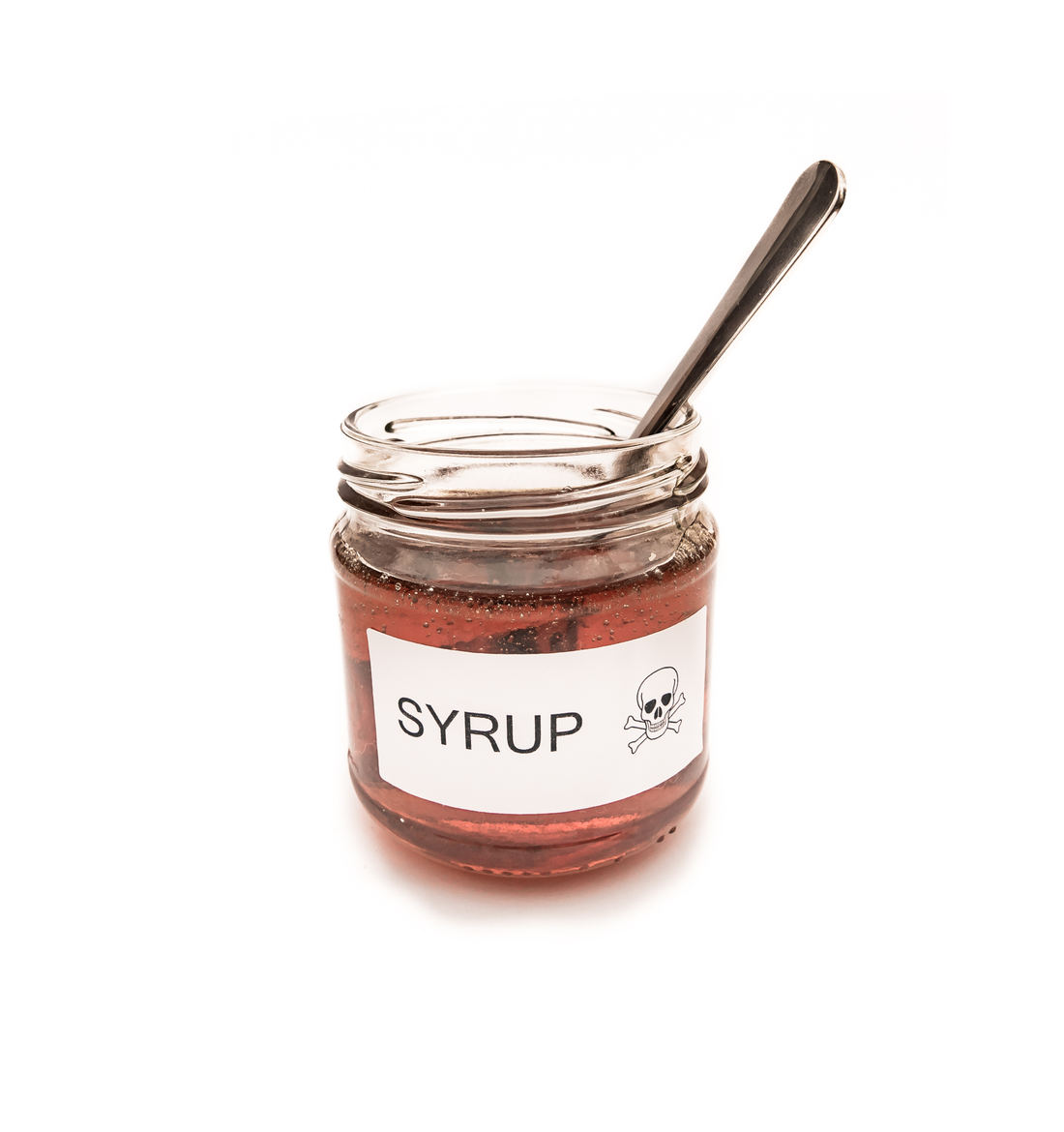
The Hidden Hazards of Corn Fructose Syrup: A Closer Look
Karen Faye BrionesShare
In the bustling world of modern living, convenience often dictates our dietary choices. Amid our busy schedules, it's easy to overlook the fine print on food labels. One such ingredient that deserves our attention is corn fructose syrup, an omnipresent sweetener lurking in a myriad of products. From cereals to beverages, this seemingly innocent additive might be undermining our health more than we realise, especially in the case of our children.
Unveiling the Dangers
Corn fructose syrup, derived from corn starch, has become a staple sweetener in processed foods. Its widespread use is due to its affordability and ability to enhance the flavor of various products. However, it's crucial to recognise that not all sweetness comes without a price.
Messing with Hormones
One of the most concerning aspects of corn fructose syrup is its impact on our hormones. It has been discovered that this sweetener interferes with the hormones ghrelin and leptin. These hormones play a pivotal role in regulating our appetite and sense of fullness after a meal. Ghrelin, often referred to as the "hunger hormone," signals to our brain when it's time to eat. Leptin, on the other hand, is responsible for communicating a feeling of satiety, indicating that we've had enough.
Miscommunication in the Body
The problem arises because corn fructose syrup isn't recognised by our Central Nervous System (CNS) in the same way that other sugars are. This lack of recognition can lead to a disruption in the normal hormonal communication between the digestive system and the brain. As a result, our brain doesn't receive the appropriate signals to stop eating, potentially leading to overconsumption and contributing to weight gain.
Protecting Our Health
As consumers, it's vital to be vigilant about the ingredients we're putting into our bodies and those of our children. Reading food labels carefully, opting for natural sweeteners like honey or maple syrup when possible, and choosing whole, unprocessed foods can help us reduce our intake of corn fructose syrup.
The Takeaway
While the convenience of packaged foods is undeniable, it's essential to be aware of the potential pitfalls hidden within. Corn fructose syrup's ability to disrupt the hormone balance related to hunger and fullness is a concerning issue that deserves our attention. By making informed food choices and prioritizing the consumption of whole, nourishing foods, we can take a proactive step towards safeguarding our health and the well-being of our loved ones.
Unveiling the Dangers
Corn fructose syrup, derived from corn starch, has become a staple sweetener in processed foods. Its widespread use is due to its affordability and ability to enhance the flavor of various products. However, it's crucial to recognise that not all sweetness comes without a price.
Messing with Hormones
One of the most concerning aspects of corn fructose syrup is its impact on our hormones. It has been discovered that this sweetener interferes with the hormones ghrelin and leptin. These hormones play a pivotal role in regulating our appetite and sense of fullness after a meal. Ghrelin, often referred to as the "hunger hormone," signals to our brain when it's time to eat. Leptin, on the other hand, is responsible for communicating a feeling of satiety, indicating that we've had enough.
Miscommunication in the Body
The problem arises because corn fructose syrup isn't recognised by our Central Nervous System (CNS) in the same way that other sugars are. This lack of recognition can lead to a disruption in the normal hormonal communication between the digestive system and the brain. As a result, our brain doesn't receive the appropriate signals to stop eating, potentially leading to overconsumption and contributing to weight gain.
Protecting Our Health
As consumers, it's vital to be vigilant about the ingredients we're putting into our bodies and those of our children. Reading food labels carefully, opting for natural sweeteners like honey or maple syrup when possible, and choosing whole, unprocessed foods can help us reduce our intake of corn fructose syrup.
The Takeaway
While the convenience of packaged foods is undeniable, it's essential to be aware of the potential pitfalls hidden within. Corn fructose syrup's ability to disrupt the hormone balance related to hunger and fullness is a concerning issue that deserves our attention. By making informed food choices and prioritizing the consumption of whole, nourishing foods, we can take a proactive step towards safeguarding our health and the well-being of our loved ones.
